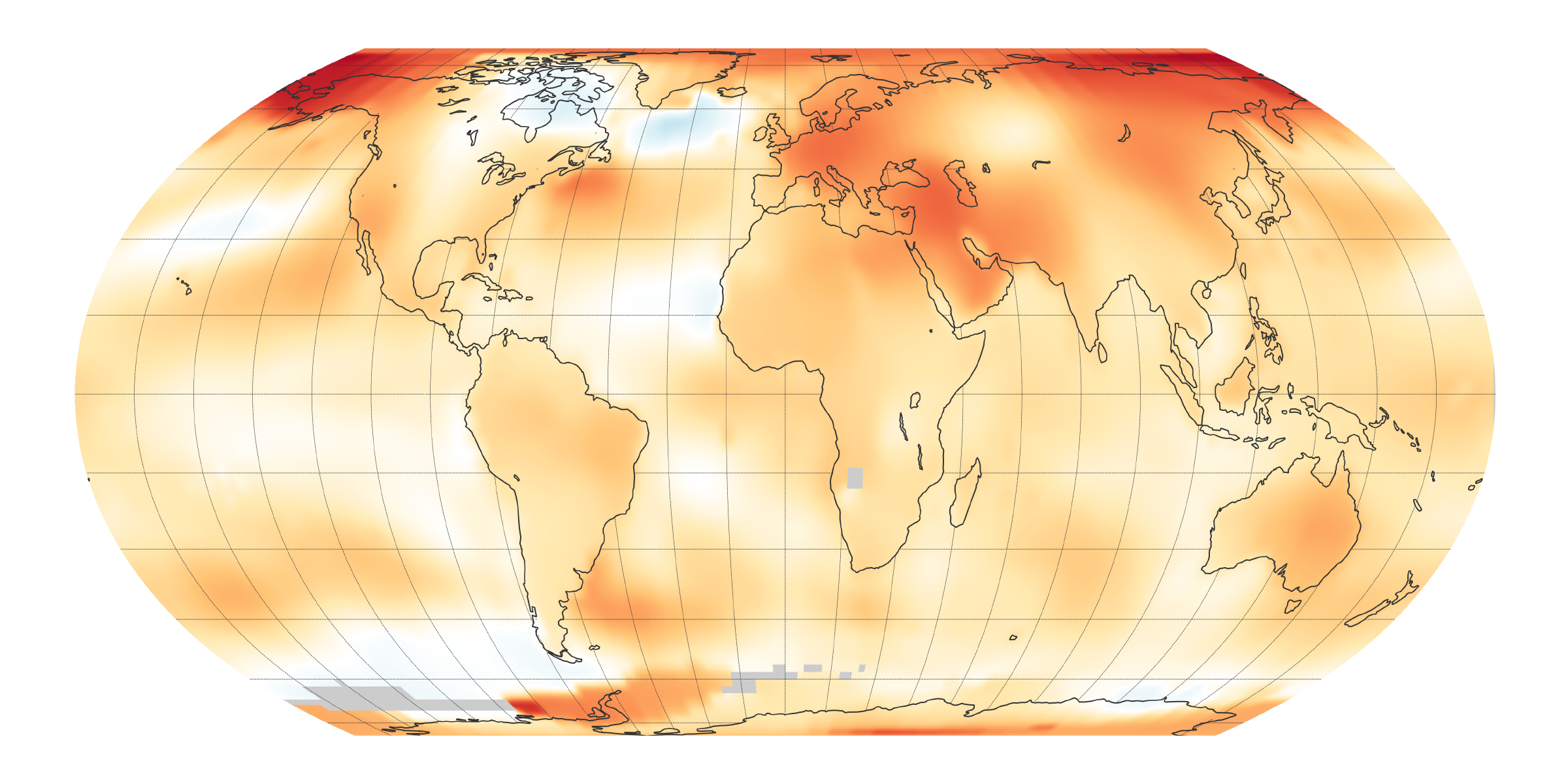How the Middle East is suffering on the front lines of climate change

The region has been subject to an almost continuous drought since 1998, according to NASA
Image: REUTERS/ Mohamed Azakir
Stay up to date:
Middle East and North Africa
People are experiencing the consequences of climate change across the Middle East, from floods in Jeddah to rising sea levels in the Mediterranean which are putting many coastal cities at risk.
Participants at the World Economic Forum on the Middle East and North Africa, held at the Dead Sea in Jordan, can see the effects of global warming first-hand. The salt lake has shrunk by almost a third in the last two decades, due to lower rainfall, higher temperatures leading to increased evaporation, and water being siphoned off from the River Jordan, which flows into it.
In an example of regional cooperation, the governments of Israel and Jordan have agreed to co-fund a pipeline bringing water from the Red Sea to the Dead Sea. Environmentalists fear that Red Sea water will harm the Dead Sea’s delicate ecosystem, altering its salinity and even increasing evaporation. But unless action is taken, the sea will continue to shrink more than 1.2 metres every year.
Losing Alexandria
Alexandria, on the Mediterranean coast of Egypt, has the opposite problem. As sea levels rise, the city of five million people is sinking. High waters are flooding basements of buildings near Alexandria’s waterfront Corniche, leading to fatal collapses. Three people died in January when a block of apartments collapsed one street back from the seafront.
The Nile Delta, on which Alexandria stands, is shrinking. Construction of the Aswan High Dam and the extraction of water upstream has reduced the Nile’s flow, decreasing the amount of silt the river deposits. And without silt to replenish delta soils, the whole area is vanishing.
The World Bank declared in 2016 that the MENA region is among the most vulnerable places on earth to rising sea levels. Forecasting a 0.5-metre rise by 2099, its report warned that "low-lying coastal areas in Tunisia, Qatar, Libya, UAE, Kuwait and particularly Egypt are at particular risk".
Flooding in the desert
Some of the driest parts of the region have also suffered from flooding. Jeddah in Saudi Arabia has suffered almost annual floods since the late 1960s, caused by sudden violent storms. Research by the King Abdel Aziz University found that the city's rapid expansion in recent years has made the situation worse, as routes through which water used to escape have been built over.
In November 2018, a deadly storm swept across the Arabian Peninsula, killing 30 people before it reached Jeddah. Almost 4,000 residents were evacuated from their homes. The previous month, three people died when Tropical Cyclone Luban struck Oman and Yemen.
Extreme heat and drought
Temperature records have been repeatedly broken in the MENA region in recent years. The highest recorded temperature in the region to date was 54°C at Mitribah, Kuwait in 2016. In the same week, Basra in Iraq recorded 53.9°C.
In June 2017, Sweihan, Abu Dhabi reached a record high of 50.4°C. In Dubai, authorities warned drivers not to leave aerosols in their vehicles after several cars caught fire in the extreme heat.
The region has been subject to an almost continuous drought since 1998, according to NASA, which says the current dry period is the worst for 900 years. The World Bank, which is spending $1.5 billion to fight climate change in the region, estimates that 80-100 million people will be exposed to water stress by 2025.
By 2050, temperatures in the MENA will be 4°C higher, according to Germany’s Max Planck Institute. By the end of the century, daytime highs could reach 50°C, with 200 days of exceptional heat every year. And without urgent action to curb global emissions, according to research, cities in the region may become uninhabitable before 2100.
Accept our marketing cookies to access this content.
These cookies are currently disabled in your browser.
Don't miss any update on this topic
Create a free account and access your personalized content collection with our latest publications and analyses.
License and Republishing
World Economic Forum articles may be republished in accordance with the Creative Commons Attribution-NonCommercial-NoDerivatives 4.0 International Public License, and in accordance with our Terms of Use.
The views expressed in this article are those of the author alone and not the World Economic Forum.
Related topics:
Forum Stories newsletter
Bringing you weekly curated insights and analysis on the global issues that matter.
More on Climate ActionSee all
Goodness Esom
July 18, 2025
Fred Krupp
July 15, 2025
David Elliott
July 15, 2025
Anurit Kanti
July 15, 2025








